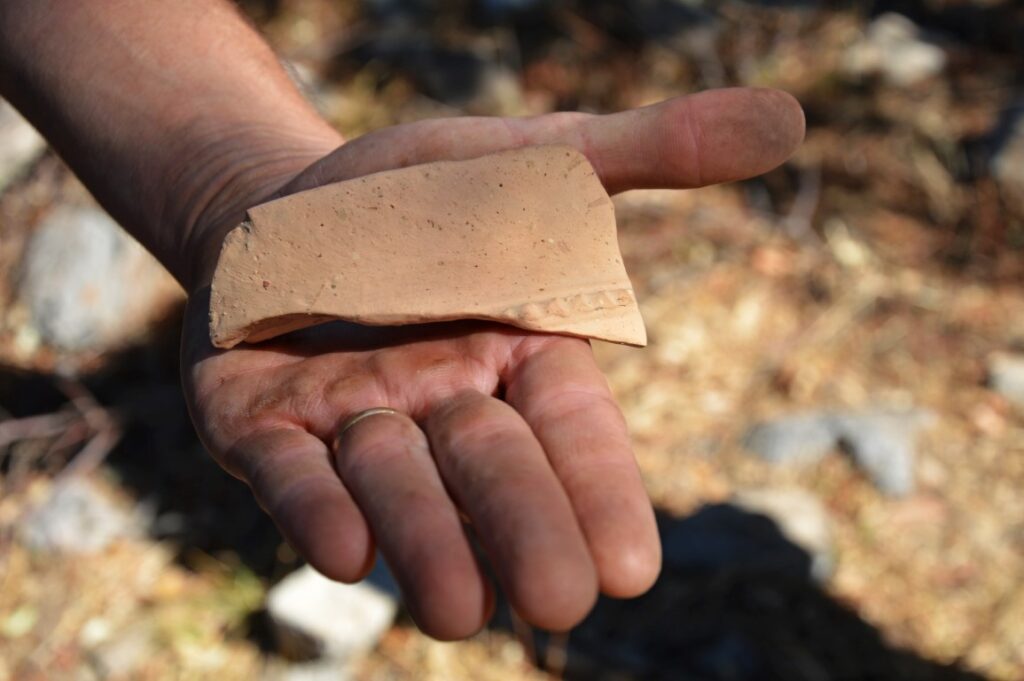Six entities in the cultural heritage sector sent an open letter to the Prime Minister and the Minister of Culture, expressing “amazement” by the “unsustainable absence” of Culture in the Recovery and Resilience Plan (PRR), and demand the resolution of this “serious gap ”.
A week after a similar letter was addressed to António Costa, by fifty personalities and artistic entities - in a letter that, in the meantime, has already exceeded 450 subscribers -, criticizing the absence of Government investment proposals in the area of Culture in the Within the scope of that plan, to present in Brussels, a group of entities in the area of heritage also calls for measures.
The letter, to which the Lusa agency had access, was sent on Wednesday night to António Costa and the Minister of Culture, Graça Fonseca, by the Association of Portuguese Archaeologists (AAP), the Portuguese Association of Museology (APOM), the Professional Association of Conservators-Restorers of Portugal (ARP), the Portuguese Association of Librarians, Archivists, Information and Documentation Professionals (BAD), the International Council of Museums (ICOM Portugal) and the International Council of Monuments and Sites (ICOMOS Portugal) .
“The realization of the complete absence of cultural heritage, in all its dimensions, in the Recovery and Resilience Plan, obliges us to publicly express our amazement and to claim that this serious gap is duly closed”, justify the signatories.
They consider, in the letter, that “the argument about the transversality of Culture cannot serve to justify this incomprehensible devaluation: it is not possible to have any kind of resilience or recovery of our country without a strong and active cultural dimension, essential to build cohesion. sustained and lasting social development ”.
“It is also not worth pointing out that other European Union programs continue to exist, and in some of them, Culture takes place. The same could be said of any other social domain, and this new instrument of recovery and resilience was nevertheless not considered necessary ”, they maintain.
In this line, they call for “a national commitment that gives the area of Culture the prominence it owes, in terms of strategic planning and headquarters, namely through the inclusion in this plan of measures that dignify museums, archives, libraries, monuments and its services, in short, the entire cultural heritage ”.
They recall, in particular, the potential of cultural heritage areas “in the pursuit of virtuous exchange that brings together common memory, expressed in solid goods of intergenerational contract, intensive and quality employment, with immediate impact on local communities, in the generation of goods and services own, neither imported nor relocatable, inducers of sustained development, extended to the entire territory and with recognized capacity for external attraction ”.
They also recall, in the letter, “the constitutional obligations of the State on culture and cultural heritage, which must always be present in any strategic recovery and development plan”, and propose that the Museums in the Future Report, the Heritage Risk Letter and the Strategic Plan for Archeology "serve as inspiration for the realization of central strategic measures".
“The digital transition in culture and heritage will be of no use if there is no culture, if there is no heritage recovered, neither museums, archives and functional libraries, with qualified human resources, good educational services, a good and strong connection with communities ”, They point out.
They also warn that, “if the organizations and the network of safeguard services no longer have the necessary resources and conditions, it will not be possible to ensure the maintenance and resilience of the Portuguese cultural and territorial heritage”.
Over the weekend, António Costa responded, in an opinion article in the Público newspaper, to the open letter from the arts sector, saying that contributions were “welcome” to the PRR until 1 March, the day the consultation ends. program, and that there is the objective of considering “new programs or new projects”.
“The PRR project was put back into public consultation, precisely so that it could be the object of critical reading, but above all so that it could still benefit from new proposals,” wrote António Costa.
In an interview with the newspaper Público, released on Friday, the Minister of Culture, Graça Fonseca, made the same appeal as the Prime Minister, for the sector's structures to participate in the public consultation and recalled that “the Government has structured the next years around two financial incentives - the PRR and the multiannual financial framework -, which have to be seen as complementary programs. The proposal for the multiannual financial framework is not yet known ”.
"A very important plan for the coming years is under public consultation, it is time for civil society to present proposals to change the future in view of what has been the practice of the past," added the minister.



















Comments